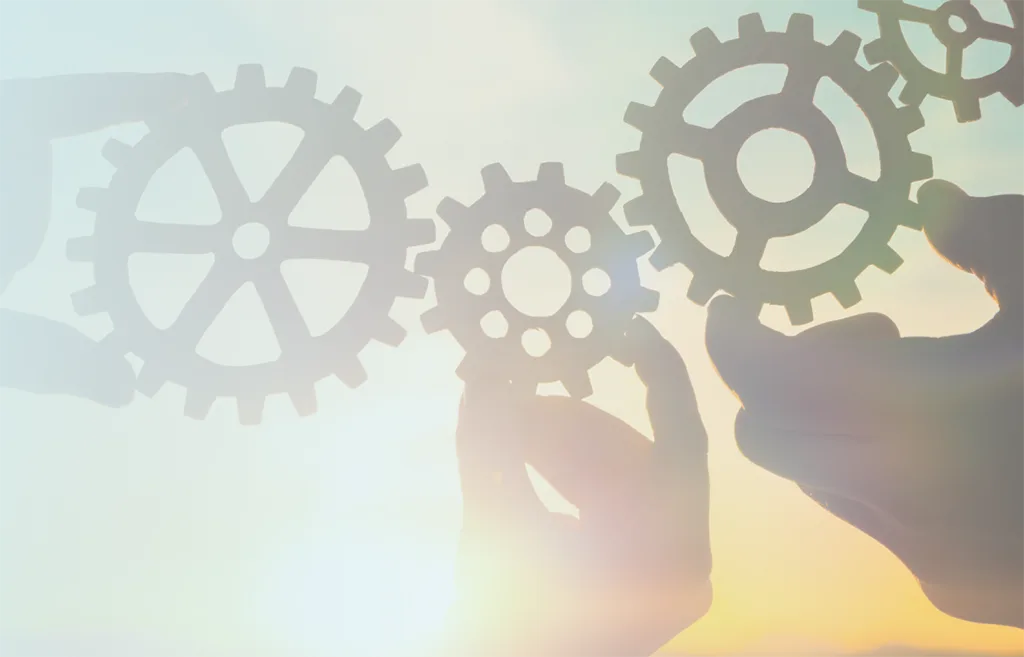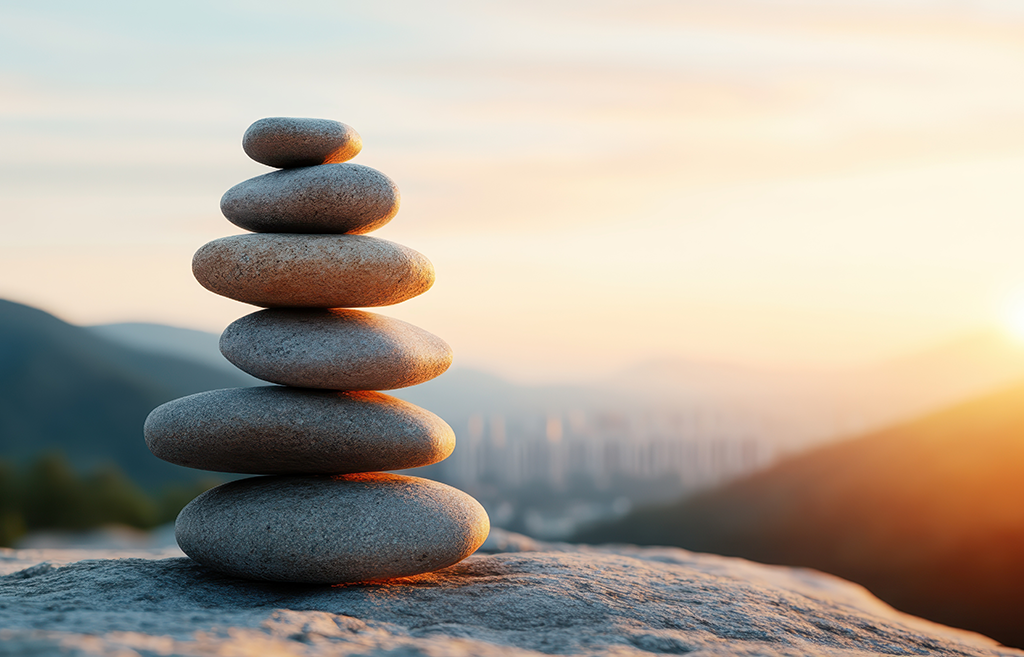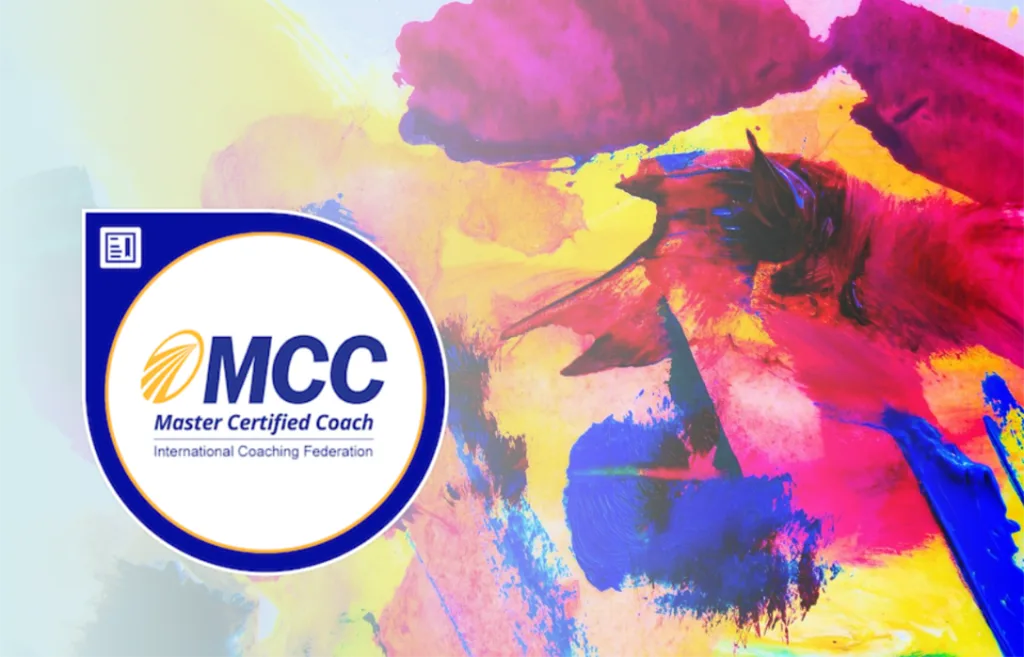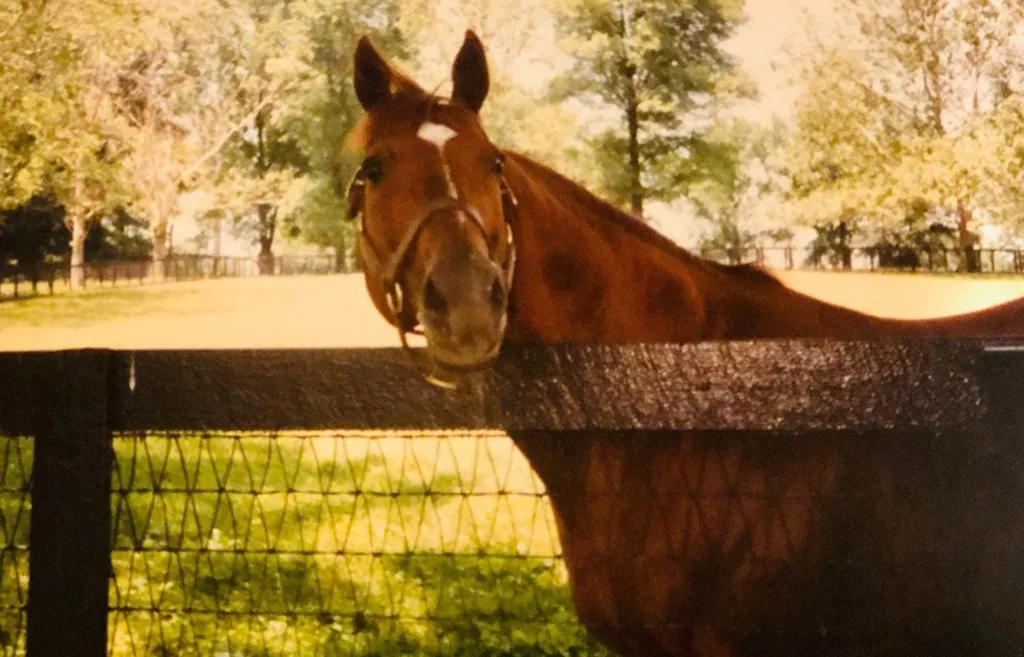Times of uncertainty tend to trigger stress and anxiety; emotions that can get in the way of our ability to feel empathy for others. And yet, given how much we all need one another to navigate through these trying times with the economy, jobs, school choices, and family situations, we need empathy more than ever. How can you be empathetic when you are battling your own stressors?
I recently interviewed empathy pioneer and renown global expert, Dr. Helen Riess, on how we all, and especially leaders, can get better at empathy during times of stress and change.
Dr. Riess is an associate professor of Psychiatry at Harvard Medical School and directs the empathy and relational science program at Massachusetts General Hospital (check out her TED Talk and book The Empathy Effect). She now runs an organization called Empathetics where she goes into healthcare and other industries to teach ways to practice empathy.
I learned from Dr. Riess why we experience empathy – it has to do with the social nature of human beings, how we need and help one another.“
Our brains are wired to temporarily share emotions with others. It can inform us about what theyre needing, how they’re hurting, or how they’re joyful. And then that motivates a response.”
In other words, empathy helps us know when others need our help, during difficult times like today.
I think that right now were in a world of hurt. Were in a global pandemic and there is just an incredible amount of uncertainty, lack of thorough information and fear… some people might think that empathy is right now, an afterthought – like, ‘well get to that after we get through the crisis!’
But, I would maintain that this is a time when we have to keep it front of mind. If we dont know how to take care of each other, the risks for burnout, for getting disillusioned, or for just getting sick are so great that we cant afford to put empathy and compassion aside.”
Empathy is crucial and now is one of the hardest times to experience it – how do we do it?
Dr. Riess has learned from her research that the key to experiencing empathy under stress is self-care, self-regulation and self-empathy. You have to fill your own tank first.
This is where inspiration can support empathy. Fuel yourself in order to be at your best for others. Inspiration combats burnout and fatigue, both which get in the way of our ability to feel empathy for others.
Dr. Riess shares some ways that she gets inspired and practices self-empathy: “One of the really great secrets about empathy is how much its a loop; that when you understand people and they feel truly understood that theres something called ‘exquisite empathy’ thats been written out (in the literature)… the sense of feeling that youve really understood something in a way that makes them feel alive and that they have possibility. It fills you up.”
What we need most right now is to make personal connections with others and care about the people around us. She said it goes beyond physical protection, at this point, to taking time to ask questions and truly understand the emotional needs of others.
Exquisite empathy, caring about others, fuels you. Even though it’s harder to focus on others when we’re stressed – it can turn out to be one of the best ways to reduce our stress.
Take a moment to consider who you could connect with today who might benefit from your empathic concern? I’ve got some ideas and my cell phone ready to make that call.








